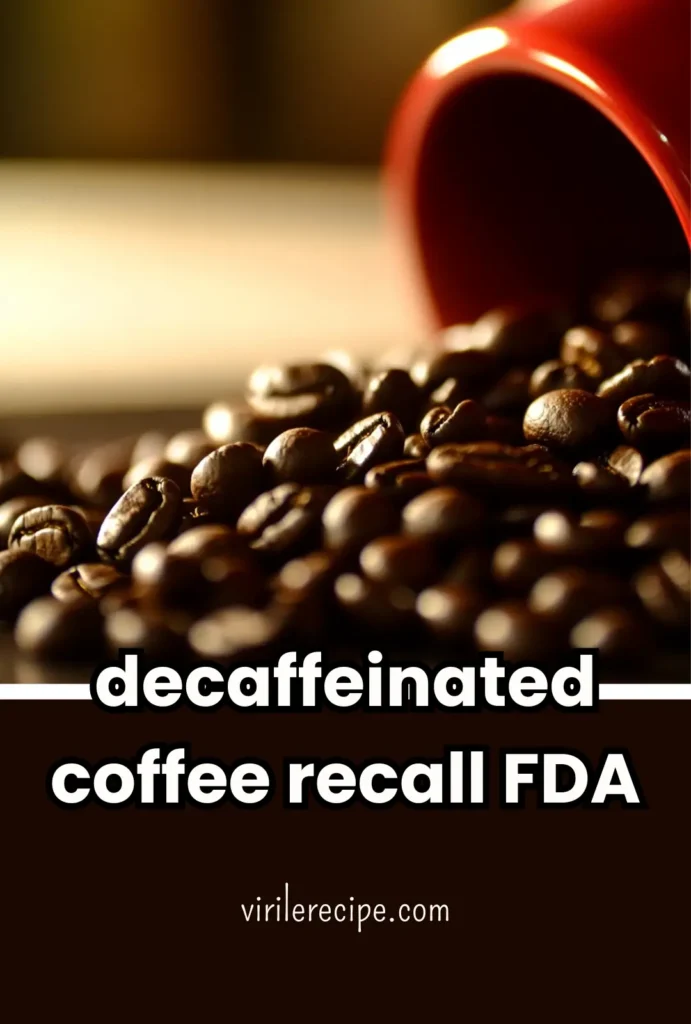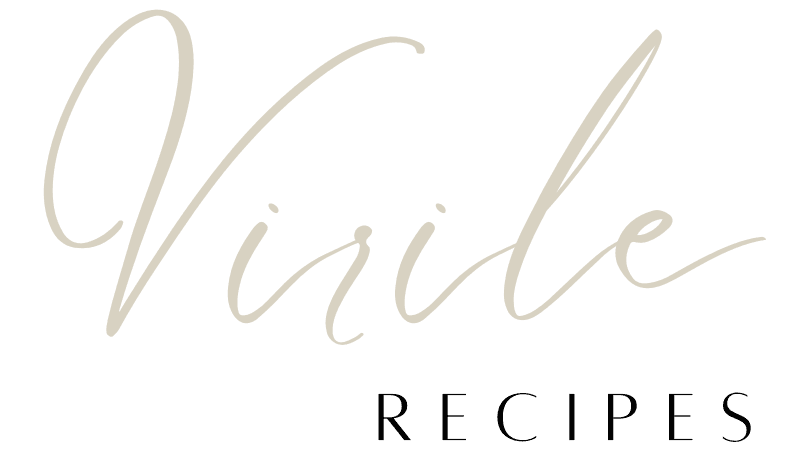Decaffeinated coffee is a go-to drink for many people who want the flavor of coffee without the caffeine. But recently, some decaf coffee brands have raised safety concerns, leading to a decaffeinated coffee recall FDA. With the recall on the horizon, it’s important to stay informed about potential health risks and the best ways to avoid contaminated products.
In this post, we’ll cover the recent recall, potential health risks, and answer your most common questions about decaf coffee. We’ll also share safer alternatives and some creative ways to still enjoy your favorite brew—like this clever Coffee Loophole Recipe that’s perfect if you’re trying to cut back on caffeine but still love that rich coffee flavor.
So, grab your mug, and let’s dive in!
FDA Decaffeinated Coffee Recall: What’s Going On?

The U.S. Food and Drug Administration (FDA) recently recalled several decaffeinated coffee products due to contamination risks. Some brands failed to meet safety standards, with certain batches containing harmful chemicals or bacteria. To avoid risks, always check the FDA’s website for a list of affected products. When shopping for coffee, look for trusted brands that prioritize safety and quality.
What is the Safest Decaffeinated Coffee to Drink?
To pick the safest decaf coffee, focus on transparency and quality. Choose brands that use organic beans and certified decaffeination methods. Coffee made using water or CO2 decaffeination methods is generally safer, as it leaves fewer chemicals behind. Brands like Lavazza Decaffeinated Coffee and Kicking Horse Coffee provide excellent, safe options. Also, check out local roasters known for their quality. Want a healthy meal to go with your coffee? Try our Savory Beef Tenderloin Medallions Recipe for a great pairing.
Why Are They Going to Stop Making Decaf Coffee?
Decaf coffee is here to stay, but some brands are slowing production. Why? Growing concerns over health risks linked to chemical decaffeination methods. Consumers are shifting to safer, natural alternatives, which has led to changes in how decaf is made. Some manufacturers are reconsidering the costs of using chemicals, given the rising demand for organic, chemical-free options. For healthier choices, check out Vegetarian Soup Dumplings Guide for tasty vegetarian options.
Are There Health Risks to Decaf Coffee?
Most decaf coffee is safe, but some risks exist. The main concern is the decaffeination process. Some brands use chemicals that could leave harmful residues behind. However, many high-quality brands now use water or CO2 methods, reducing health risks. If you drink decaf regularly, watch out for stomach discomfort or acid reflux. Some studies suggest decaf can irritate the stomach for sensitive individuals. For safer ingredients, check out our Amarena Cherries in Syrup Baking Recipes for ideas on using safe ingredients in baking.
Is It Safe to Drink Decaf Coffee, Yes or No?
Yes, decaf coffee is generally safe. However, like any food or drink, moderation matters. If you’re concerned about chemicals, go for brands using natural decaffeination methods, like Swiss Water or CO2. Want to try something else? Consider our Amarena Cherries in Syrup Baking Recipes for a safe, delicious treat to complement your decaf.
Conclusion:
The FDA recall on decaffeinated coffee products may be concerning, but it doesn’t mean all decaf coffee is unsafe. Stay informed and choose trusted brands that prioritize safety. If you’re worried about health risks, explore decaffeinated coffee alternatives. With the right knowledge, you can enjoy your cup of decaf with peace of mind.
For more creative baking inspiration and marketing ideas, explore the Pinterest or connect with us on Facebook.

